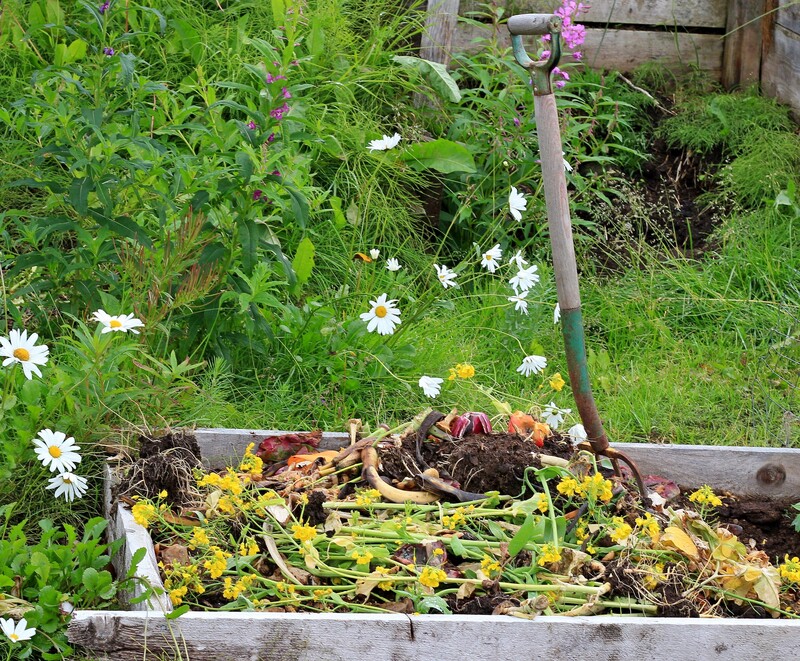Revolutionizing Transit: London Tube's Brake Recycling Test
Posted on 19/06/2024
The London Tube, one of the busiest transit systems in the world, is taking a giant leap towards sustainability by implementing a revolutionary brake recycling test. This innovative project aims to significantly reduce the carbon footprint of the underground rail network while also reducing costs and increasing efficiency. Let's take a closer look at this groundbreaking initiative and explore its potential impact on the future of public transportation.
Understanding the Brake Recycling Test
Traditionally, brake pads are made from non-recyclable materials such as steel and asbestos. These materials not only pose a threat to the environment but also incur high maintenance costs for transport operators. The London Tube's new brake recycling test involves using a composite material made from recycled rubber tires and organic resins to create durable and eco-friendly brake pads.
The process begins by collecting used tires from scrapyards and shredding them into small pieces. These rubber shreds are then mixed with organic resins to create a tough compound that is molded into brake pads. These pads are then tested and certified to meet the required safety standards before being installed on trains.

The Pros of Brake Recycling
The implementation of this new system brings about numerous benefits for both the environment and transport operators. The most obvious advantage is that it significantly reduces waste by providing a sustainable solution for discarded tires. According to Transport for London (TfL), approximately 200,000 tires are disposed of every year, which will now be put to better use through this recycling process.
Moreover, these eco-friendly brake pads have proven to last longer than traditional ones, resulting in reduced maintenance costs for transport providers. This not only saves money but also increases efficiency as less time is spent on repairs and replacements. In addition, the new brake pads produce less dust and noise pollution, making for a smoother and more comfortable ride for passengers.
Considering the Cons
While the brake recycling test seems to have numerous benefits, there are also some concerns that need to be addressed. One major drawback is the initial cost of implementing this system. Switching to a new type of brake pad requires significant investment in research, development, and testing, which may not be feasible for smaller transport operators.
Another potential issue is the durability of the recycled brake pads. As they are made from organic materials, it is uncertain how they will hold up in extreme weather conditions or heavy usage. This could lead to frequent replacements, ultimately increasing maintenance costs.
Tips for Successful Implementation
For other transit systems looking to replicate this project, there are several key factors to keep in mind. First and foremost, thorough research and testing are crucial to ensure the safety and effectiveness of the new brake pads. Collaborating with experts and conducting trials on a smaller scale can help identify any potential issues before full implementation.
Transport operators must also consider factors such as cost-effectiveness and scalability. Investing in a sustainable solution that is economically viable in the long run will reap greater benefits for both the environment and their bottom line.

The Takeaways
The London Tube's brake recycling test sets an example for other public transport systems across the globe by showcasing how small changes can make a big impact on sustainability. The use of recycled materials not only reduces waste but also offers a more cost-effective and efficient solution for transport operators.
This initiative also highlights the importance of continuous innovation in sustainable practices within the transportation industry. As technology advances and resources become scarcer, finding creative ways to reduce our carbon footprint is crucial for a greener future.
In Conclusion
The London Tube's revolutionary brake recycling test is setting a new standard for sustainable public transportation. By utilizing recycled materials to create eco-friendly brake pads, it addresses multiple issues at once - reducing waste, cutting maintenance costs, and improving passenger experience. While there may be some challenges to overcome, the immense benefits make this project a game-changer for the industry. Let's hope to see more initiatives like this in the future as we work towards a cleaner and greener world.
Latest Posts
Enhance Business Efficiency with Waste Collection

